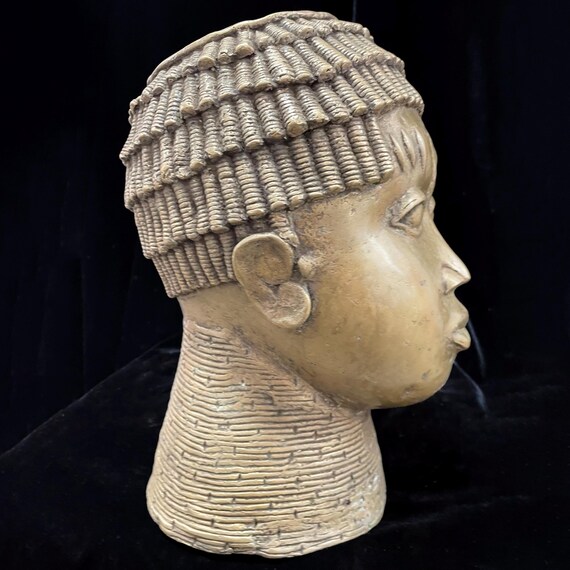Introduction
Benin, a small yet vibrant country in West Africa, holds a wealth of cultural heritage and historical significance. Positioned between Togo and Nigeria, Benin has a unique identity that traces back to the historic Kingdom of Dahomey. Understanding Benin’s importance is crucial, not only for its rich traditions but also for its evolving economy and geopolitical role in West Africa today.
Rich Cultural Heritage
Benin is renowned for its diverse cultural practices, most notably its Vodun religion, which significantly influences the lifestyle and traditions of its people. The country celebrates various festivals, including the famous Vodoun Festival in Ouidah, which showcases vibrant ceremonies filled with music, dance, and art. Benin’s artisans are also famous for their craftsmanship, particularly in textiles, pottery, and sculptures, often drawing from ancestral traditions.
Historical Significance
The Kingdom of Dahomey was once a powerful empire known for its military prowess and unique governance. The legacy of the Dahomey Amazons, an all-female military regiment, continues to inspire many today. Historical sites, such as the Royal Palace of Abomey, reflect this rich past and attract tourists and historians alike, offering insights into the country’s pre-colonial history and its impact on contemporary African society.
Economic Developments
In recent years, Benin has made strides in economic development, focusing on agriculture, trade, and tourism. The agricultural sector plays a vital role, with significant exports of cotton, cashew nuts, and yams. Additionally, the government has invested in infrastructure improvements, including the development of the Port of Cotonou, enhancing trade connectivity with regional and international markets.
Current Challenges
Despite its progress, Benin faces challenges, including political stability and economic diversification. Criticism regarding governance and press freedom has arisen recently, prompting calls for reform and democratic growth. However, the resilience of the Beninese people and their cultural richness remain a source of hope and strength.
Conclusion
Benin represents a unique crossroad of history, culture, and economic potential within West Africa. As it navigates contemporary challenges while preserving its rich heritage, Benin offers valuable lessons on resilience and the importance of cultural identity. For those interested in exploring this vibrant nation, opportunities abound, from its artistic expressions to its emerging economic landscape, reaffirming Benin’s place as a significant player in the region.


